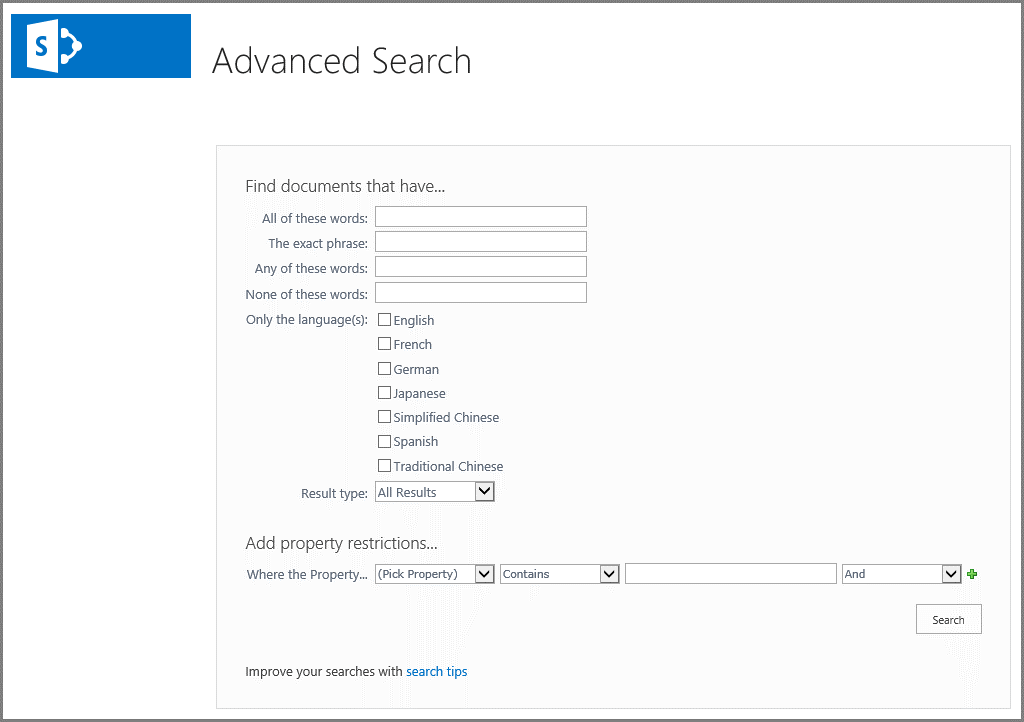Semi-novice here. When one sees people using FilterField1 and FilterValue1, they are executing a query against a library, with the user seeing the results in the standard library view.
Is there a similar technique where I can present a user with a number of choices on a custom html form along with a regular search box component, then use those choices to narrow down (filter) the results from a search, then show them on my regular search results page?
edit: I noticed here that there is a way to pass refiners to a search. Do I have to used managed properties (like RefinableString00), or is there a way to search directly against column names not mapped to managed properties?
Thanks

